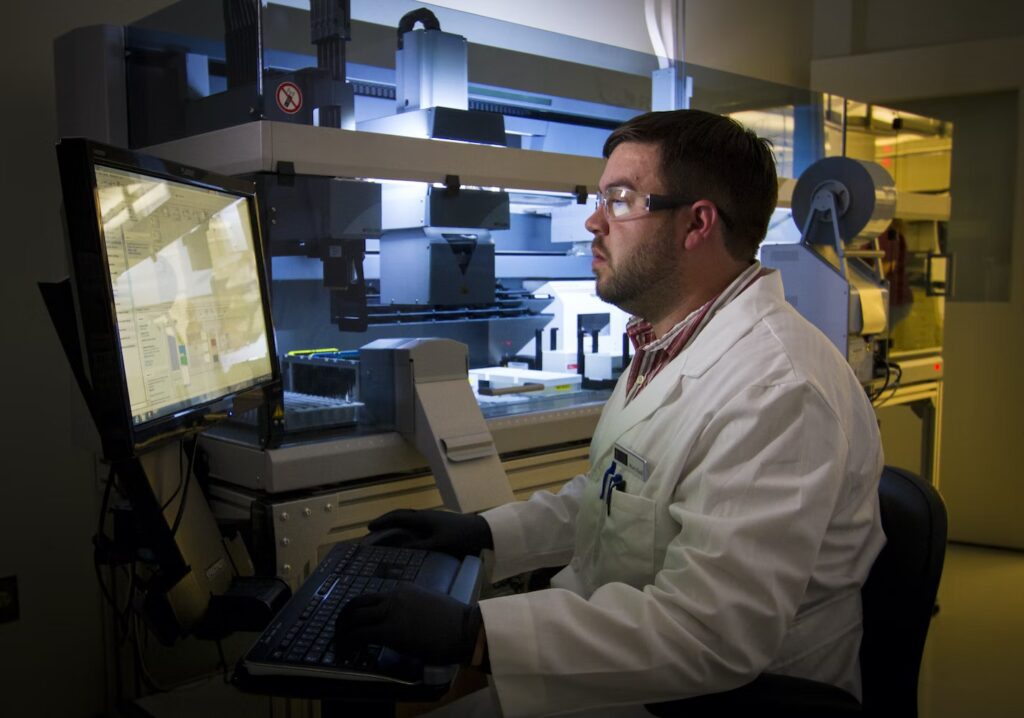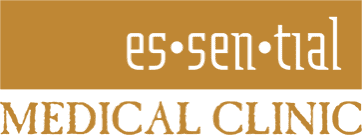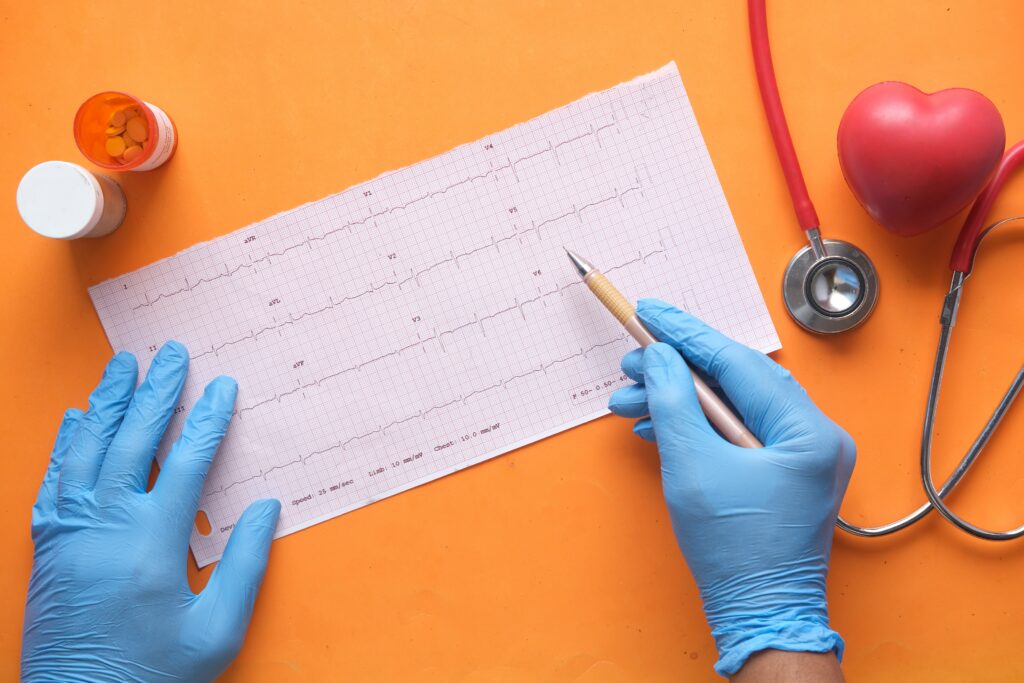Keeping your medical history up to date can give your doctor everything they need to provide you with primary care. With this resource, you can improve the quality of the medical care you receive.
What is a medical history and what should you include in a compilation of your medical history? Are you ready to gain a better understanding of your overall health? Read on at Essential Medical Clinic.
What is medical history?
It is a record that reports all the details that involve a person’s health. That is, a medical history includes everything about your health.
What does your medical history have to include?

Must include past and present data:
- allergies
- conditions of your health
- Diseases
- accidents
- injuries
- surgeries
- Hospitalizations
- physical exams
- Other studies and tests that you have done before or that you need
Your medical history may include medications you take (prescription and over-the-counter) and topics related to your lifestyle: your diet, how much you exercise, and whether you use drugs and/or alcohol.
This personal medical history often includes a family medical history. This includes past or present health information about your close family members.
You have to include your parents, siblings, children, and grandparents. However, it may include third-party family members who have sensitive and genetically important conditions.
Why is it important to have a medical history?
You should inform your primary care physician with an accurate medical history to better understand your health.
Your doctor will be able to identify patterns and make better decisions since he will know your health needs more specifically. To do this, you will need to identify diseases or symptoms that are prevalent within your family. This way you can evaluate the risk you present against certain diseases or conditions, hereditary or not.
It will also help you to prevent yourself from health problems that it sees near you. For example, if you have a family history of diabetes or cancer. With a timely consultation, you could access screening tests that combat these risks.
Your doctor seeks to work with you to establish a health plan and thus prevent certain diseases.
Try to track and keep your medical information in one place. Know your own story to collaborate with the experts. It also works when you care for a family member or are a professional caregiver.
Here are five reasons to take a medical history.
1. Be aware if you are prone to certain hereditary diseases and disorders
A good medical history has to include details of both your health and that of your immediate family or those relatives with medical conditions.
There is a level of genetic inheritance in health conditions such as diabetes, heart disease, and various types of cancer. There is a certain chance that your genes cause you to suffer from these conditions, but it does not mean that you will get sick.
But it doesn’t hurt to plan and prevent before it’s too late.
A doctor who has a complete medical history of his patient may recommend more frequent mammograms in the case of breast cancer. You can also ask for more tests or closer monitoring of your health.
They could also be your guide to adopting a healthy lifestyle, kicking bad habits, exercising more, and even drinking more water.

2. The benefits of having a drug registry
most people often give incorrect information about their medications to their doctors.
While it’s impossible for you to remember everything, you don’t have to leave this record to chance either. Your medical record is also used for this.
This follow-up should include prescription medication, over-the-counter, and pain relievers. This can help you get into a routine with your medications and not skip anything important.
Sometimes it can help your doctor to review a component that you are allergic or you should stop taking it or exchange it for another.
3. Help your family if they are at risk of having your disease
Your medical history is for a greater benefit. You can alert other members of your family about their predisposition to certain diseases or medical conditions.
Be sure to update your family history, especially when a new member is born or some of the existing ones develop diseases. You should also inform your doctor of these changes.
It could be a very valuable resource for future generations.
4. Be a better patient or caregiver for other people with illnesses
It could help you a lot to be informed as a good patient, especially when you have regular appointments with your doctor. This way you are more likely to ask the right questions and feel more confident or accurate with your case.
In case you suffer from malpractice, you can become a patient advocate when you have all your history. You must know how to use a medical history and drive a movement to demand better care as a patient.
Caregivers could use it as a quick reference to share with the family and friends of the patient, it makes future care tasks much easier. Thus caregivers can become more aware of their patients.
5. Medical history is invaluable in an emergency
When time is short, medical information could mean the difference between life and death.
In less severe cases, it could save the patient a lot of time, because there is no longer a need to search for relevant data such as medications or allergies.
What steps should you follow?

To make sure you have the right information at hand at all times, you need a central, secure place to store your medical information. It is not information that you should share with anyone, much less have it anywhere, with the danger of messing it up or losing it.
You must document your medical history very well, have resources in various formats, and share it only with your trusted doctor. Your annual exam is the best time to update this personal and family history.
Did you learn about your medical history? Read more about health-related articles here:


